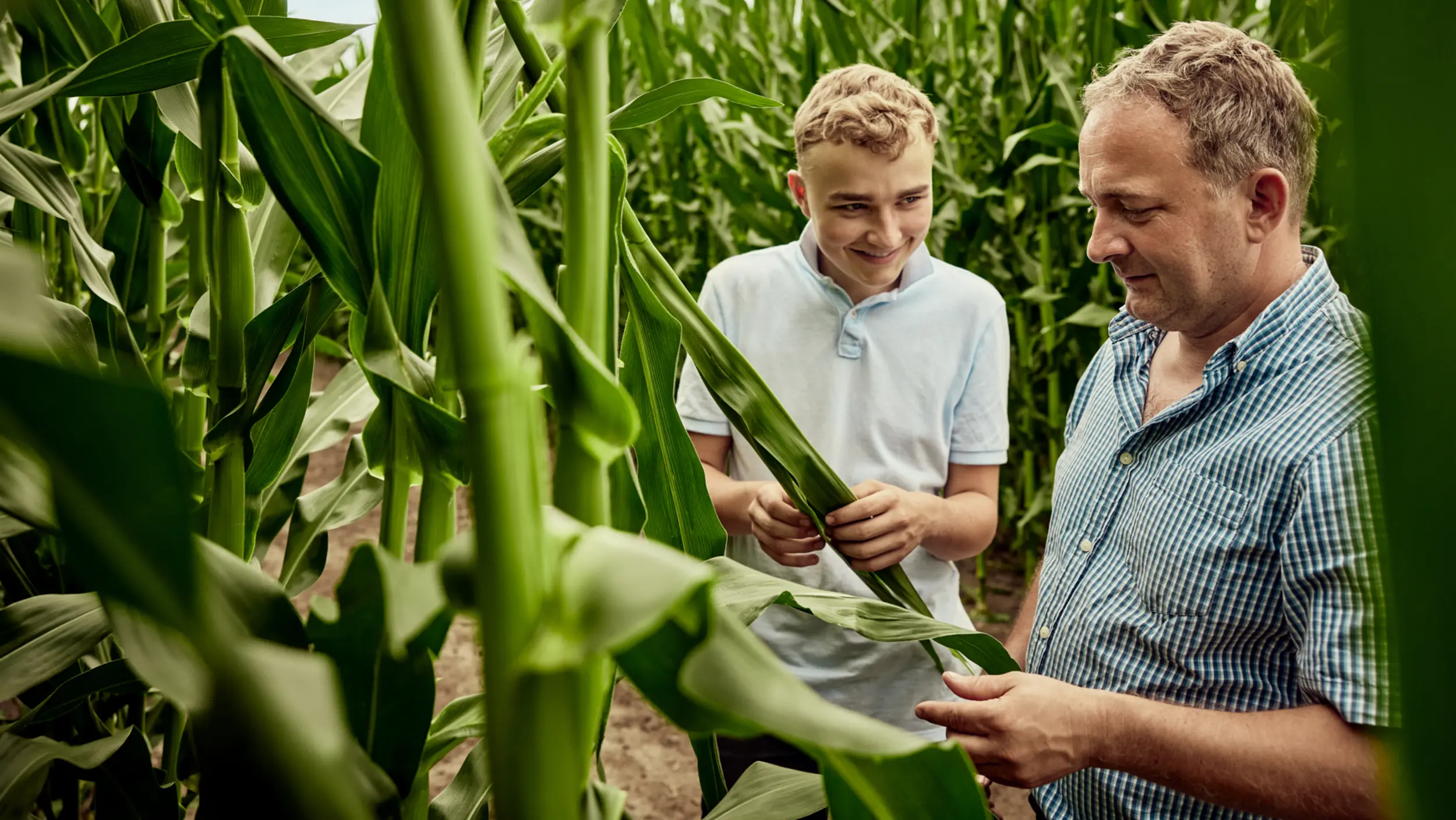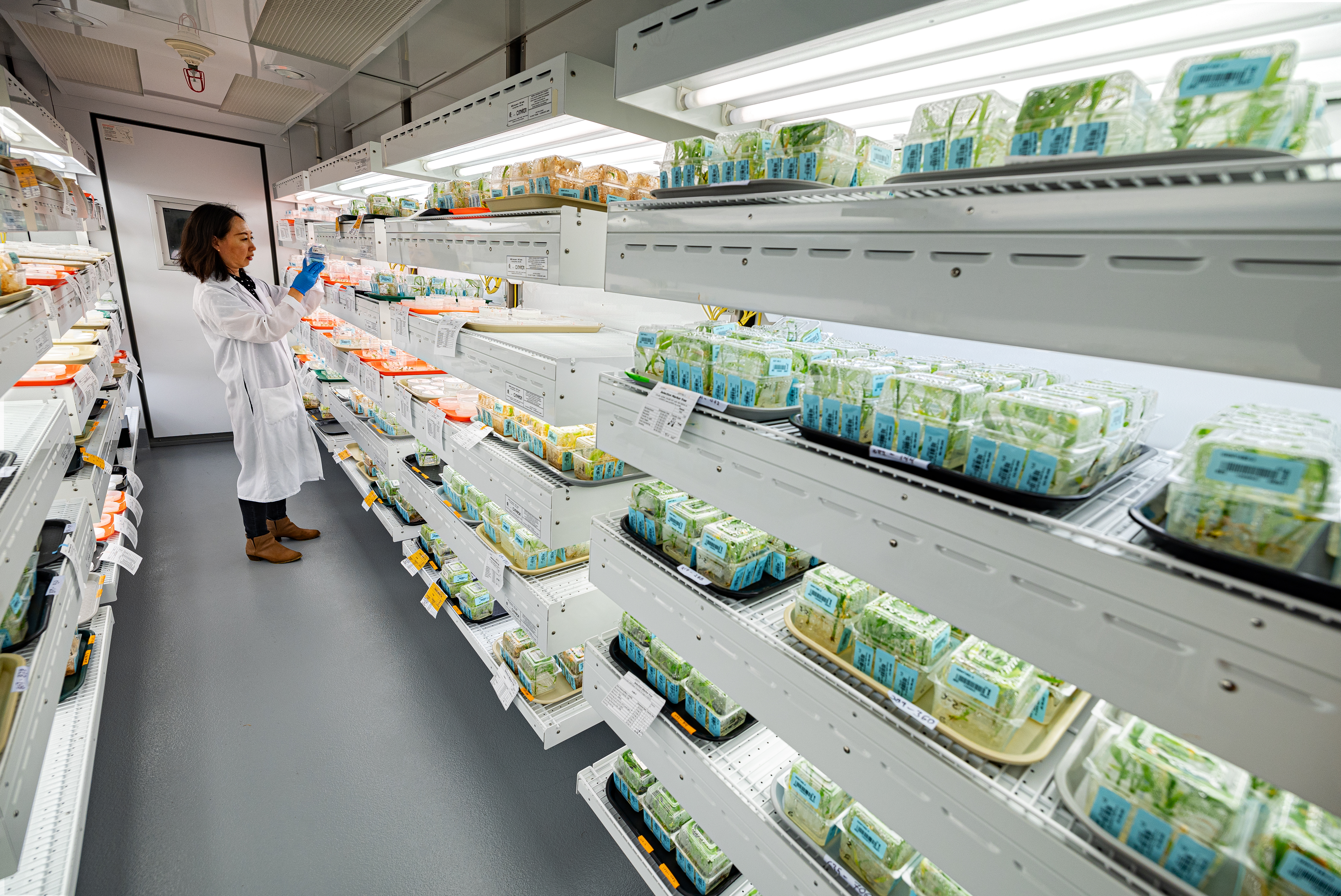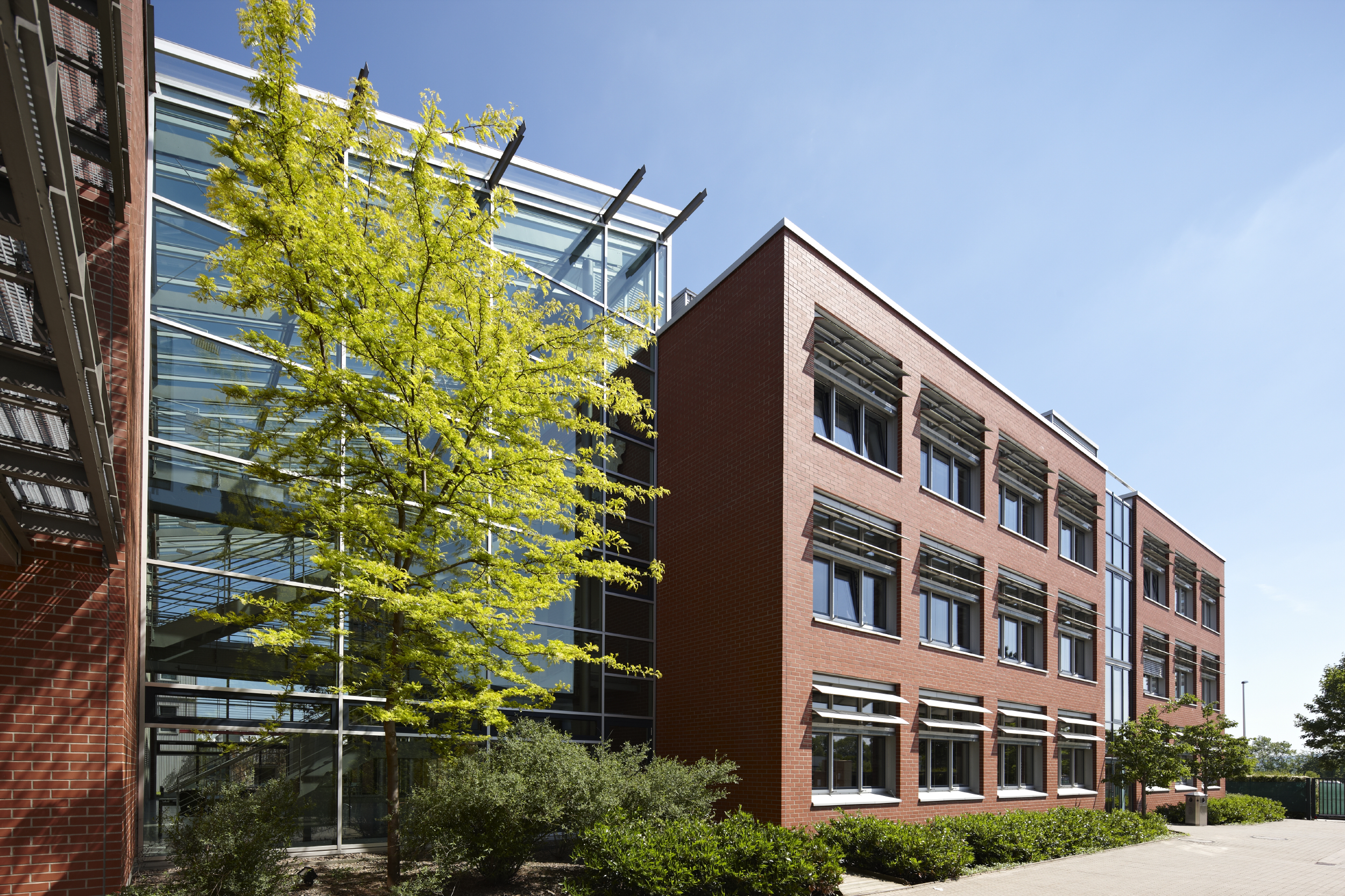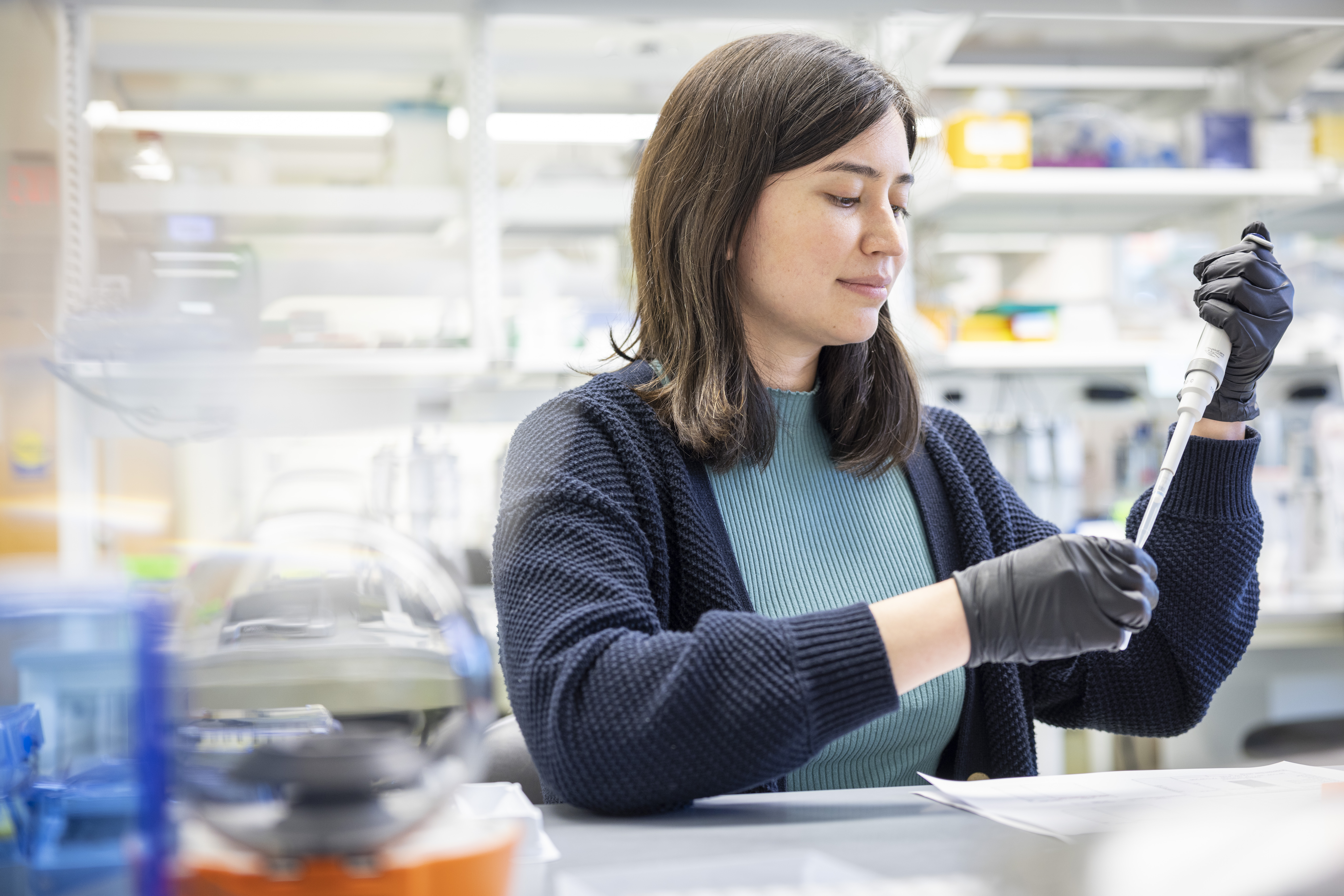-

Seeding the future- since 1856
About us at KWS
KWS sows the future. Our high-yielding seeds and extensive knowledge have made us a trusted partner for farmers for generations. We contribute to nutritional solutions for an ever-growing world population. We are constantly improving the genetic potential through excellent research and breeding programs. We tailor our seeds to our customers' needs and requirements to deliver the very best quality, and we are a strong partner throughout the value chain.
Our shared success is the result of a corporate culture that provides entrepreneurial freedom and supports dedicated talents who develop solutions.
Corporate Sustainability
As a family-oriented plant breeding company, our entrepreneurial activities span generations and are characterized by long-term thinking and foresight. At KWS, innovation goes beyond breeding and is also reflected in the way we act – from our partnership with farmers to our commitment towards our employees, investors, and the communities in which we operate. Our decisions are rooted in the ambition to think holistically and make sustainable decisions that contribute to a desirable world that we can pass on to future generations.
Seeding the future
Looking forward, we understand ideas and decisions as sustainable when they are economically viable, ecologically durable and socially responsible. As we strive for innovations to further address these three requirements, our core values serve as a foundation to build upon. Foresight, reliability, closeness and independence have proven to be valuable principles when working together towards a common goal.
read more
Innovation for sustainable agriculture
Discover the diversity of our research and development work and learn more about the advanced technologies we develop and use to produce high-quality seeds and digital farming solutions.
Business areas
From development to distribution
The operating business of the KWS Group is managed in the four business units for cereals, corn, sugarbeet and vegetables.
Our value chain extends from variety development to propagation and production of these varieties, to marketing and distribution to farmers around the world.
read more
Expert knowledge of farming
From sowing to harvesting, KWS advises you on important agricultural issues. In addition to our useful tools and calculators, we have combined our expert knowledge and experience with sowing, plant growth management or harvesting to support you in your decision-making.
learn more








